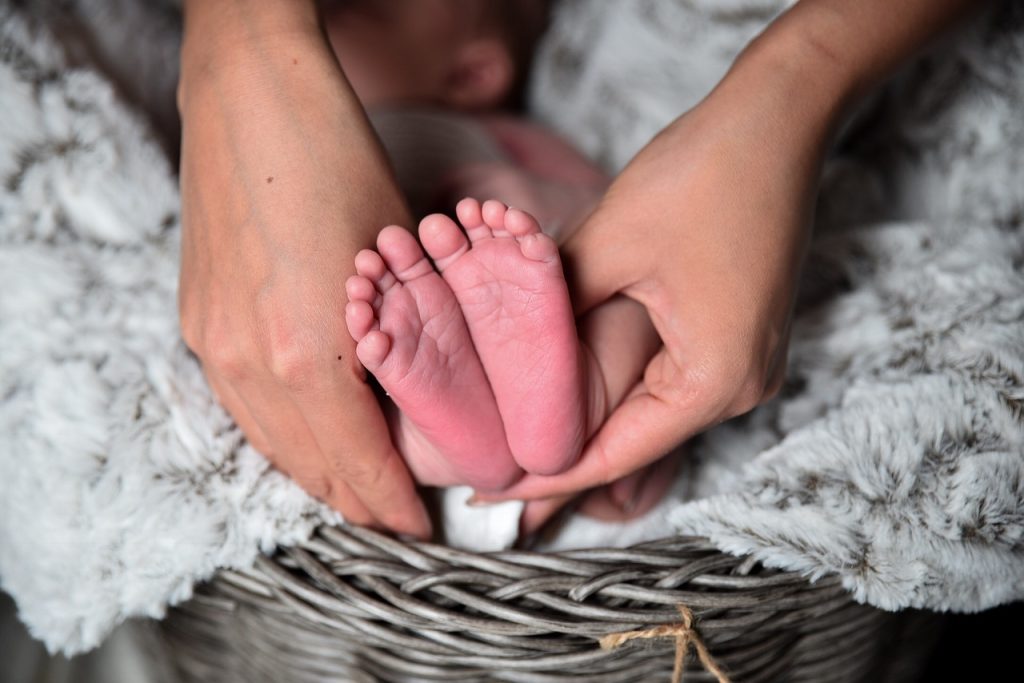When you’re planning for your baby’s birth, you’ll have lots to think about. One of the main thoughts that will be going through your mind will be the midwives that will attend your birth – after all, along with your birth partner(s), they will be your main companions throughout your labour.
If you decide to plan to give birth to your baby at home, you may be wondering if your care will differ at all to that of mothers giving birth in a hospital environment.
Ultimately, the main job of midwives is to keep you and your baby as safe as possible, but the dynamics between midwives and their patients can be quite different at a home birth than at a hospital birth.
Hospital Birth
Hospital maternity units are run to strict protocols to ensure quality of care for every woman and baby on the unit. Additionally, maternity units are generally very busy places – often, midwives are stretched to their limits. As a result, midwives need to be ‘in charge’ of their unit. The dynamic between midwives and mothers on a maternity unit is usually very much that of professionals and patients, although midwives do their very best to empower women to make their own choices about their births.
If you choose to give birth on a hospital maternity unit, you will be assigned to a midwife when you arrive. They generally won’t be able to stay with you throughout your labour, but will check on you regularly. When it comes to the second stage of labour when your baby is born, you will have two midwives with you, or a midwife and a doctor.
Home Birth
A home birth is usually a much more holistic affair than hospital birth. People who opt for home birth usually do so because they want a more natural experience, or because they want to feel more in charge of their birth. At a home birth, the midwife – mother dynamic is quite different. Midwives acknowledge that they are guests in the mother’s home, and as such, the mother is very much in charge of her own birth. The midwives are there to safeguard the mother and facilitate the safe delivery of the baby.
If you choose to give birth at home, two midwives will attend you. Usually, the first midwife will arrive at your home with the equipment, and then send for the second midwife when the second stage of labour is approaching.
It is important that we point out that the legal requirements of midwives are the same whether you give birth at a hospital or at home – as the patient, your care is centred around you, and wherever you give birth you are legally responsible to make decisions about your care. The only real difference between hospital and home births is how the birth experiences feel to the birthing family.








